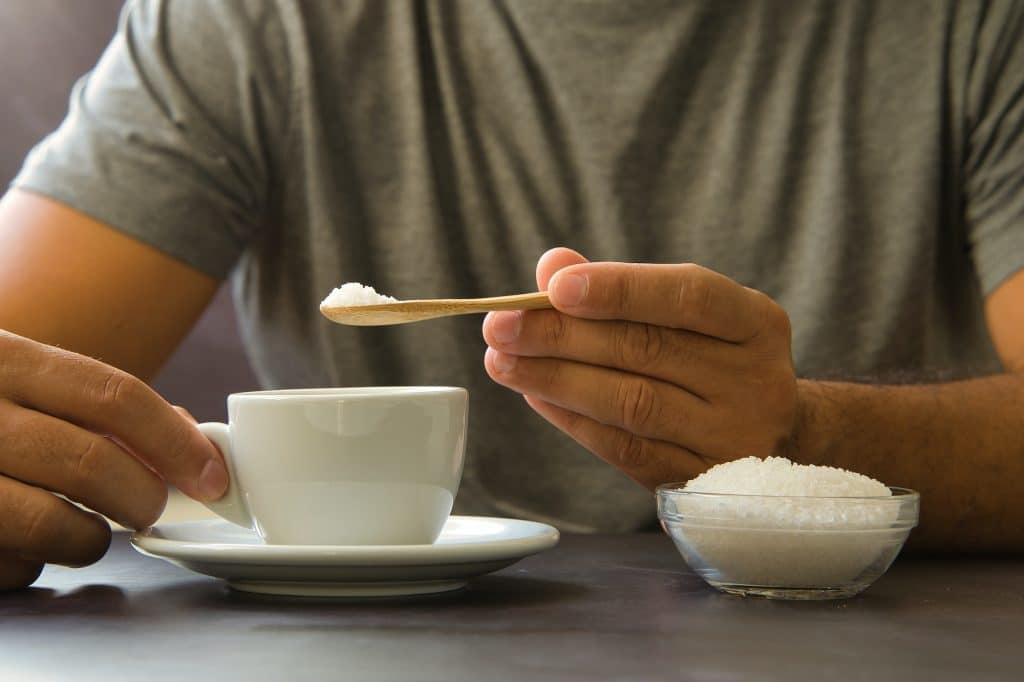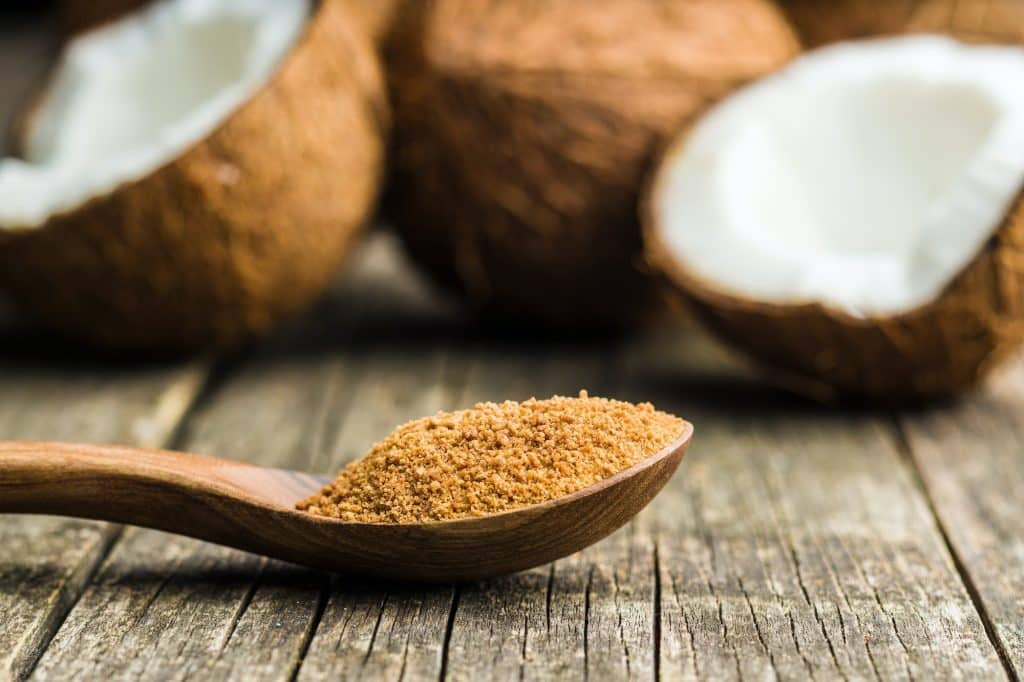The debate between real sugar and its myriad alternatives rages on in the ever-evolving realm of nutrition and health. As societies become increasingly health-conscious, the importance of understanding not only the nutritional value but also the broader implications of our sweetener choices has never been more significant. This article dives deep into the history, health consequences, environmental impact, and personal preferences surrounding these sweetening agents, aiming to shed light on this sugar-coated dilemma.
Contents
- The History of Sugar Consumption
- The Health Implications of Sugar
- Popular Sugar Alternatives and Their Origins
- Nutritional Profiles of Sugar Alternatives
- Potential Health Concerns of Sugar Alternatives
- The Environmental Impact: Sugar vs. Alternatives
- Taste Profiles: Do They Measure Up?
- Making Informed Choices for Your Diet
- The Bottom Line
- Related
The History of Sugar Consumption

Before sugar became a pantry staple, it had roots in ancient civilizations. Originally harvested from sugar cane in Southeast Asia, sugar’s sweet allure quickly made it a precious commodity sought after by the elite in various cultures. Over time, sugar shifted from a luxury item to an everyday ingredient, finding its way into recipes across continents. As the centuries progressed, sugar’s prominence in diets took a turn. The industrial era and the rise of processed foods saw a spike in sugar consumption, forever changing its role in our daily meals.
This increasing reliance on sugar didn’t come without consequences. As it became cheaper and more accessible, its consumption soared, paving the way for the Western world’s sweet tooth. From sodas to candies, sugar’s presence was felt everywhere. This ubiquity, however, also marked the beginning of health concerns associated with excessive sugar intake, prompting the search for alternatives.
The Health Implications of Sugar

The health concerns associated with high sugar intake are both profound and well-documented. Prolonged excessive consumption is linked to many detrimental conditions, including obesity, which affects millions globally. Obesity, in turn, is a precursor to more severe ailments, including type 2 diabetes, due to the body’s inability to manage sugar effectively.
Moreover, it’s not just metabolic health that’s at stake. Cardiovascular health is also impacted by excessive sugar consumption. Studies have consistently pointed to the link between high sugar intake and heart-related diseases, further solidifying concerns about its role in modern diets. Additionally, dental health, often overlooked in nutrition discussions, is severely affected by sugar. Dental cavities, gum diseases, and other oral health issues find a friend in frequent sugar consumption, emphasizing the need for moderation and care.
Popular Sugar Alternatives and Their Origins

A slew of alternatives entered the market in response to the mounting concerns over sugar’s health implications. Among these, artificial sweeteners like aspartame and sucralose quickly gained traction. Originally synthesized in labs, these sweeteners promised the sweetness of sugar without the accompanying calories. Aspartame, discovered in 1965, found its way into numerous diet sodas and low-calorie foods, while sucralose, known for its heat stability, became a favorite in baked goods.
Sweeteners like stevia and monk fruit emerged as popular choices on the natural front. Stevia, derived from the leaves of the Stevia rebaudiana plant, native to South America, has been used for centuries by indigenous populations. In contrast, monk fruit, hailing from Southeast Asia, gets its sweetness from mogrosides, compounds that are incredibly sweeter than regular sugar. Both of these natural alternatives offered a promise – the sweetness of sugar without its associated health risks.
Nutritional Profiles of Sugar Alternatives

While promising reduced calorie intake, sugar alternatives come with their own nutritional profiles. Artificial sweeteners, for instance, often contain negligible calories. This is because they’re much sweeter than sugar, meaning a smaller amount suffices to achieve the same level of sweetness. Such intense sweetness can sometimes come at a cost, with some individuals reporting a metallic or chemical aftertaste.
On the other hand, natural sweeteners come with caloric and nutritional values. For instance, while stevia is calorie-free, monk fruit extracts might contain some calories depending on the processing method. Moreover, these natural sweeteners can sometimes come with added benefits, such as antioxidants found in monk fruit, offering more than just sweetness.
Potential Health Concerns of Sugar Alternatives

Despite the benefits associated with sugar alternatives, they are not without controversy. Artificial sweeteners, especially aspartame, have been central to numerous studies examining long-term health impacts. While many of these studies deem them safe for consumption, some have pointed to potential risks, including migraines and, in large doses, carcinogenic effects.
Natural sweeteners aren’t exempt from scrutiny, either. Even though they’re often deemed safer than their artificial counterparts, excessive consumption can lead to gastrointestinal issues. For instance, over-reliance on stevia might lead to nausea or bloating in some individuals. As with everything, moderation remains key.
The Environmental Impact: Sugar vs. Alternatives

Producing sweeteners isn’t just a matter of taste or health; it’s also an environmental consideration. Traditional sugar production, especially from sugar cane, requires vast amounts of water and often involves deforestation, impacting biodiversity. Moreover, the extensive use of pesticides in some sugar farms can harm local ecosystems and water supplies.
Sugar alternatives come with their environmental footprints. While producing artificial sweeteners might not require large swaths of land, the chemical processes can be resource-intensive. Natural sweeteners like stevia, which require less land and water than sugar cane, might seem more sustainable. However, increased demand could lead to more extensive cultivation, bringing environmental challenges.
Taste Profiles: Do They Measure Up?

Taste, for many, is the deciding factor in choosing a sweetener. Real sugar sets a high standard, with a familiar sweetness and texture. Alternatives, however, can be a mixed bag. Artificial sweeteners often come close in sweetness but might leave an aftertaste, which can be off-putting for some.
While promising a more ‘natural’ taste, natural sweeteners vary in their sweetness profiles. Stevia, for instance, can have a licorice-like aftertaste, while monk fruit might taste fruitier than sugar. The choice often boils down to personal preference, with some preferring the taste of certain alternatives over others.
Making Informed Choices for Your Diet

Given the multitude of options and the varying pros and cons, making an informed choice becomes imperative. For individuals with specific health concerns, like diabetes, certain alternatives might be more suitable than others. It’s essential to read labels, especially as some products might combine multiple sweeteners.
Ultimately, the key lies in moderation and understanding one’s body. While replacing all sugar with an alternative might be tempting, a balanced approach often yields the best results. Consulting with nutritionists or healthcare professionals can also clarify the best choice for individual needs.
The Bottom Line
Navigating the world of sweeteners is no easy feat. With each option presenting its benefits and drawbacks, the decision often rests on individual priorities, whether health, environmental concerns, or mere taste preference. What’s undeniable, however, is the need for informed choices. As we peel back the layers of this sugar-coated debate, it’s evident that understanding and moderation are at the heart of a sweeter, healthier future.


